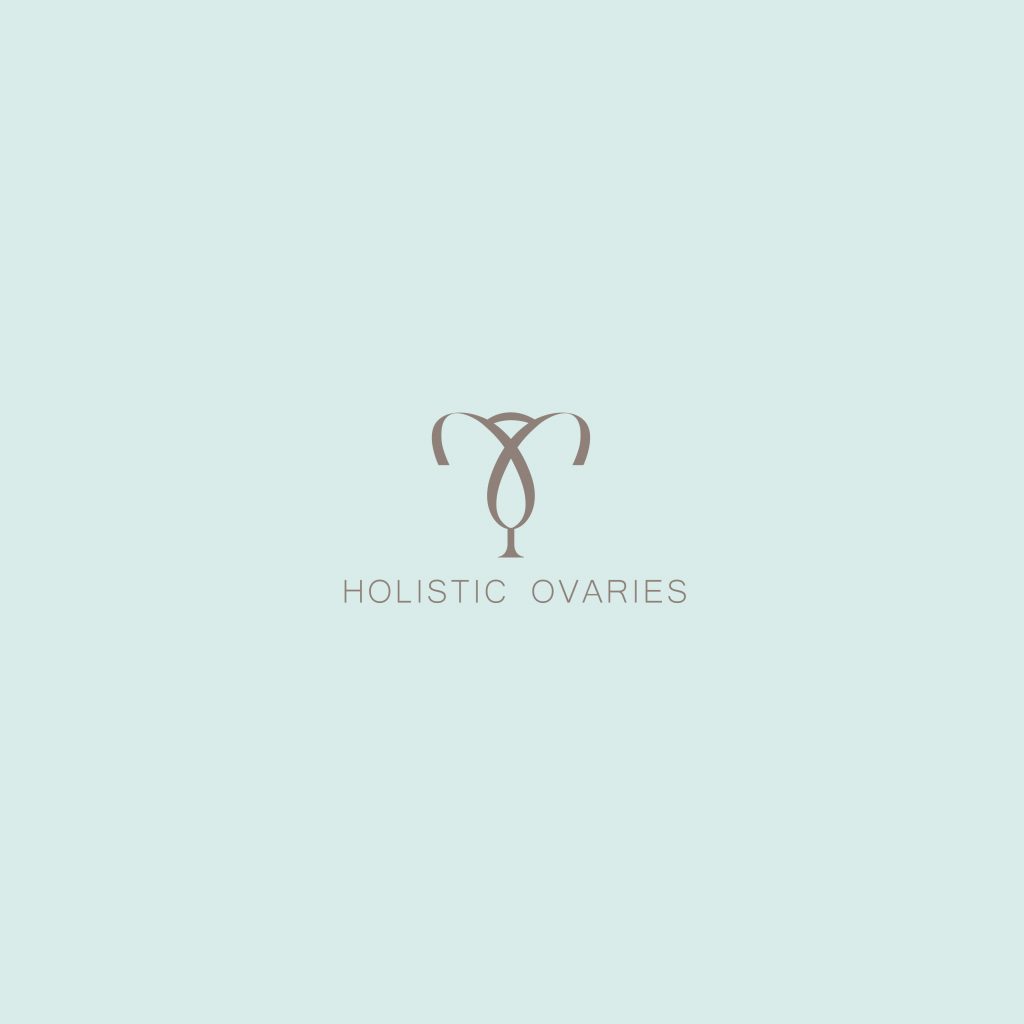PCOS MYTHS SERIES: Can you get pregnant if you have PCOS?

You can`t get pregnant if you have PCOS…
Even though PCOS is associated with infertility, it doesn’t mean that you won’t be able to get pregnant.
I know many stories of women with PCOS who successfully got pregnant naturally. I also know stories of women who struggle with infertility.
This is one of the most sensitive and delicate topics in the PCOS community. Especially for those of you who are trying to get pregnant, but it is not happening.
Don’t get discouraged.
PCOS has been reported as “most common, BUT TREATABLE, causes of infertility in women”.
But first, to understand fertility we need to look closer at what kind of infertility issues women with PCOS are facing.
Causes of Infertility in PCOS
- Irregular period, inconsistent ovulation and complete lack of ovulation.
Anovulatory infertility is a main issue for women with PCOS. To get pregnant you need to ovulate. And to have higher chances of pregnancy you need to ovulate regularly.
Unfortunately, because of hormonal imbalances women with PCOS very often face irregular periods and what goes with that irregular ovulations.
If you ovulate every three months your chances to get pregnant are smaller than if you would ovulate every month.
Also predicting days in which ovulation occurs is more complicated if your menstrual cycle is irregular.
If you want to conceive you need to be having sexual intercourse the lead up to ovulation.
In some cases women with PCOS go through complete absence of periods and complete absence of ovulations.
- Endometrial abnormality.
Reduced fertility can be also attributed to endometrial dysfunction in patients with PCOS. High endometrial receptivity helps during the process of egg fertilisation (spermatovum), egg invasion and implantation, as well as the subsequent blastocyst division and embryo development.
During the menstrual cycle, the uterus is only receptive to the egg for implantation for a short window of time.
Having regular cycle can help with endometrial receptivity.
Women with PCOS suffer insulin resistance, hormonal imbalances, low-grade chronic inflammation that can can disrupt the endometrium in PCOS patients.
Focusing on managing those condition will help you increase your endometrial receptivity.
Get back your menstrual cycle with PCOS
That’s why your main focus in managing PCOS should be placed on getting a regular menstrual cycle and regular ovulation. No matter if you want to get pregnant or not.
Healthy menstrual cycle has been listed as a VITAL SIGN not without a reason. There are many benefits to women’s health to have regular fluctuations of hormones.
Including prevention of:
- osteoporosis,
- stroke,
- dementia,
- heart disease, and
- breast cancer.
"Come back to me when you want to get pregnant"
That’s why sometimes I get angry when I hear my patients telling me that their doctor prescribed them a hormonal pill with words “come back to me when you want to get pregnant”!
Girls, the pill is not a solution for PCOS. Yes it helps to manage your symptoms, but as soon as you stop the pill the symptoms will be back. Unless you target them with OTHER TREATMENTS.
Getting regular ovulation might take some time. Especially after stopping a hormonal pill (it can even take up to 6-12 months).
If you are planning for pregnancy it will be wise to discontinue a hormonal pill as early as possible. Your body will need time to get into its own natural rhythm.
Here are some tips on how to prepare you body when going off birth control.
"you won’t be able to get pregnant"
I heard stories of young women with PCOS who got terrified by their doctors telling them “you won’t be able to get pregnant”. Like my client Patrizia (you can read her story here).
It happened to me.
One gynaecologist who saw me for the first time in his life and who had never seen any of my blood tests told me that I won’t be able to have children.
Why did he tell me that?
Because I didn’t have my period for 10 months and because I didn’t want to take any hormonal pills anymore.
Luckily I did my research and with lifestyle changes that I was implementing after two months of that incident with a doctor I got my period.
But you see, it took me a year or so to get my period back.
How many more horrifying stories will we need to hear before PCOS and fertility will be more understood?
Remember YOU CAN GET PREGNANT if you have PCOS.
Maybe you will need to implement lifestyle changes – by the way the first line treatment recommended for women with PCOS struggling with infertility.
Maybe you will need to use medication that induce ovulation – first-line pharmacological treatment.
I am also aware that in some cases the second or third-line treatment (medication, laparoscopic ovarian surgery) or a high-complexity reproduction treatment (in-vitro) will be necessary.
We are all individual cases. There is no one general rule.
When to look for help?
It is recommended that women with PCOS after six months of attempting pregnancy without success should get evaluation of infertility or other causes of subfertility.
If after 6 months of regular sexual intercourse (2/3 times a week) without using contraceptive methods, you still didn’t conceive you should find fertility specialist.
There are treatments and options available for you to successfully get pregnant. More about that in next post.

PCOS does not equal infertility.
In most cases infertility in women with PCOS is TREATABLE.
What is your story with fertility? Did you manage to get pregnant with PCOS naturally? Or you used infertility treatment to get pregnant? Or maybe you are still trying to get pregnant?
Let me know! You are always my inspiration to share information about PCOS.
Yours Agnese

Stay Updated
SUBSCRIBE TO THE NEWSLETTER
References:
Bai, X., Xu, Y., Li, D., & Zheng, L. (2021). Research progress of endometrial receptivity in patients with polycystic ovary syndrome: A systematic review. Reproductive biology and endocrinology : RB&E. https://pubmed.ncbi.nlm.nih.gov/34362377/
Rshoud, F., Omari, B., Qudsi, A., & Salhiyeh, A. (2022, May 30). Polycystic ovarian syndrome – association and risk factors between endometrial polyp and infertility. A retrospective study. Menopause Review/Przegląd Menopauzalny. https://www.termedia.pl/Polycystic-ovarian-syndrome-association-and-risk-factors-between-endometrial-polyp-and-infertility-A-retrospective-study,4,47090,0,1.html
Su, R.-W., & Fazleabas, A. T. (2015). Implantation and establishment of pregnancy in human and nonhuman primates. Regulation of Implantation and Establishment of Pregnancy in Mammals, 189–213. https://doi.org/10.1007/978-3-319-15856-3_10

© 2022 All Rights Reserved. Made by DB.YOU Creative Agency


